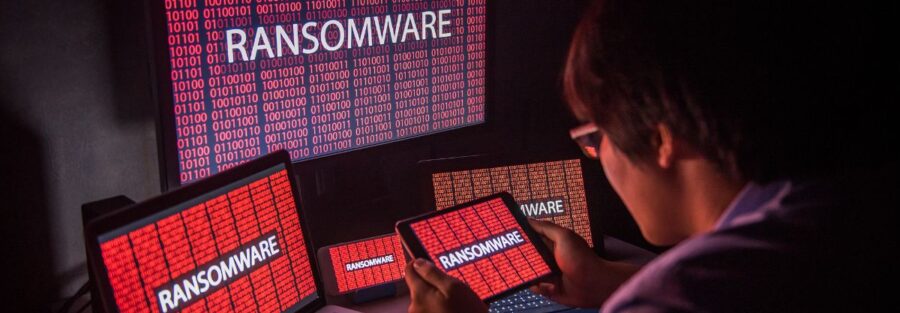Lessons from the UnitedHealth Ransomware Attack
The recent ransomware attack on a UnitedHealth Group subsidiary, Change Healthcare, has brought to light critical failures in cyber leadership that have far-reaching implications for both the company and the broader healthcare industry. As CEO Andrew Witty testified before Congress, revealing shocking details of the attack and its aftermath, it became evident that a lack of effective cyber leadership played a significant role in exacerbating the impact of the breach.
Witty’s testimony underscored several key failures in cyber leadership that contributed to the severity of the attack. First and foremost was the vulnerability of the company’s computer systems, which allowed hackers to gain unauthorized access to sensitive data through a poorly protected server. This failure to adequately secure critical infrastructure points to a broader lack of emphasis on cybersecurity within the organization, highlighting the need for stronger leadership and governance in this area.
Furthermore, Witty’s admission that UnitedHealth authorized a $22 million ransom payment to the hackers raises serious questions about the company’s response to the attack. While paying a ransom may seem like a quick fix to regain control of compromised systems, it sets a dangerous precedent and can embolden hackers to launch more attacks in the future. This decision reflects a lack of strategic foresight and risk management on the part of the company’s leadership.
Moreover, the delayed identification and notification of affected individuals further underscore the inadequacies in UnitedHealth’s cyber leadership. Despite the scale of the breach, it took several months for the company to assess the full extent of the damage and notify those impacted—a delay that could have serious consequences for individuals whose personal data was compromised.
In the wake of the attack, lawmakers have called for increased cybersecurity regulations for healthcare companies—a clear indication of the need for stronger leadership and oversight in this critical area. However, addressing the root causes of cyber vulnerabilities requires more than just regulatory compliance; it demands a fundamental shift in organizational culture and leadership mindset.
Moving forward, UnitedHealth and other healthcare organizations must prioritize cybersecurity as a strategic imperative and invest in robust risk management practices, employee training, and technological safeguards. This requires strong leadership at all levels of the organization, from the boardroom to the IT department, to ensure that cybersecurity is given the attention and resources it deserves.
The UnitedHealth ransomware attack serves as a sobering reminder of the critical importance of effective cyber leadership in safeguarding sensitive data and protecting organizational assets. By learning from the failures highlighted in this case and embracing a more proactive and holistic approach to cybersecurity, organizations can better defend against future threats and mitigate the impact of cyber attacks on both themselves and their stakeholders.



